The Expanding Role of Screening Technology in Turkish Industry
Industrial production in Turkey has undergone significant modernization in recent years, propelled by the growth of sectors such as food processing, chemicals, metallurgy, pharmaceuticals, and construction materials. At the core of this transformation is the adoption of advanced Industrial Screening Equipment Turkey, designed to address the increasingly complex requirements of material classification, powder handling, and product refinement. Screening technology is not merely a supportive process but a decisive factor in product consistency, quality assurance, and operational efficiency.

The most widely deployed systems include the Rotary Vibrating Screen Turkey and the Direct Discharge Screen Turkey, both engineered to perform high-precision separations yet serving distinct roles in factory environments. The rotary variant excels in versatile, multi-layer screening where particle size differentiation must be extremely precise, while the direct discharge option favors high-throughput bulk handling, particularly in industries where rapid evacuation of oversized particles is critical.
Factories in Turkey are recognizing that no universal system suffices for all production demands. Instead, the conversation now revolves around intelligent integration: choosing between, or combining, equipment that can support tailored Factory Screening Solutions Turkey. As a result, modern plants are seeking machinery that balances operational adaptability with uncompromising output performance. The rise of High-Capacity Screening Machine Turkey reflects this shift, enabling enterprises to simultaneously maintain scale and quality. This industrial evolution also fuels a need for careful analysis of options, necessitating a comprehensive Rotary vs Direct Discharge Screen Comparison Turkey to guide investment decisions.
Technical Distinctions Between Rotary and Direct Discharge Screens

The technical architectures of these machines diverge significantly, reflecting their different operational philosophies. The Rotary Vibrating Screen Turkey operates by inducing multi-dimensional vibrations across a mesh surface, enabling the simultaneous classification of multiple particle fractions. Its circular or elliptical motion is especially valuable in industries requiring fine material grading, such as pharmaceuticals, ceramics, and specialized food processing. Layers of sieves can be added to separate raw material into multiple grades, providing manufacturers with high-resolution control over their production lines. This level of precision elevates it as a contender for the Best Screening Machine for Turkish Factories where consistency is paramount.
By contrast, the Direct Discharge Screen Turkey is designed with simplicity and velocity in mind. Material is fed into the mesh surface and discharged directly, minimizing dwell time and maximizing throughput. This makes it indispensable in contexts where large volumes of powders or granules must be quickly cleared, such as flour milling, starch processing, or large-scale plastics handling. The direct design reduces the risk of clogging and supports uninterrupted operations, establishing it as an optimal choice for high-speed lines.

The Powder Screening Machine Turkey and Chemical Powder Screening Equipment Turkey categories often overlap with these two technologies, particularly as chemical manufacturers demand systems that handle both reactive powders and inert bulk materials with equal proficiency. Chemical applications emphasize containment, dust control, and durability, which often makes sealed designs and robust vibrational mechanics indispensable. Meanwhile, food industries demand hygiene, easy cleaning, and stainless-steel construction. The dichotomy illustrates that the choice is not only between two mechanical systems, but also between contrasting philosophies of production: one prioritizing meticulous classification, the other maximizing velocity and efficiency.
Ultimately, Turkish industries require more than a binary decision. They require a stratified decision-making process that evaluates throughput targets, particle sizes, hygiene protocols, and energy consumption. A comparative study — the Rotary vs Direct Discharge Screen Comparison Turkey — becomes indispensable in determining the most pragmatic solution for each unique factory environment.
Strategic Implications for Turkish Manufacturing
The debate over screening technologies extends beyond technical differences. It encompasses strategic considerations about scalability, regulatory compliance, and market positioning. Factories seeking Factory Screening Solutions Turkey are not only purchasing machinery; they are investing in long-term efficiency and competitiveness. The globalized nature of production, especially in food and chemical exports, imposes stringent quality benchmarks. Meeting these requires machinery capable of delivering consistent performance under variable conditions.

The integration of High-Capacity Screening Machine Turkey into production lines has shifted industrial dynamics, allowing Turkish firms to serve both domestic and international markets with greater resilience. For exporters, consistency in particle grading and absence of contamination are non-negotiable factors. As such, reliance on Industrial Screening Equipment Turkey is a matter of strategic necessity. The modern factory must align its machinery with international standards, balancing productivity with sustainability.
In chemical manufacturing, for instance, the use of Chemical Powder Screening Equipment Turkey is closely tied to environmental regulations governing dust emissions and worker safety. Machines must operate with sealed frameworks, ensuring hazardous particles are contained during processing. In the food sector, the Powder Screening Machine Turkey is expected to uphold strict sanitary standards, demanding designs that facilitate frequent cleaning and resist bacterial accumulation. This dual pressure of regulation and consumer expectation places significant weight on the choice of screening technology.
Furthermore, the competitive manufacturing environment necessitates evaluating not only immediate costs but lifecycle performance. The question of the Best Screening Machine for Turkish Factories cannot be answered by purchase price alone. Factors such as energy efficiency, adaptability to future product lines, and maintenance overhead are equally influential. This recognition has led to hybrid approaches where both rotary and direct discharge systems coexist within a single facility, each serving different stages of the production chain.
The evolution of Industrial Screening Equipment Turkey illustrates an industrial sector that is increasingly sophisticated, technologically adaptive, and strategically oriented. Decision-makers are recognizing that screening technology is no longer a peripheral tool but a central determinant of industrial competitiveness. As Turkey strengthens its role in global manufacturing, investment in the right screening systems becomes both a technological and economic imperative.
